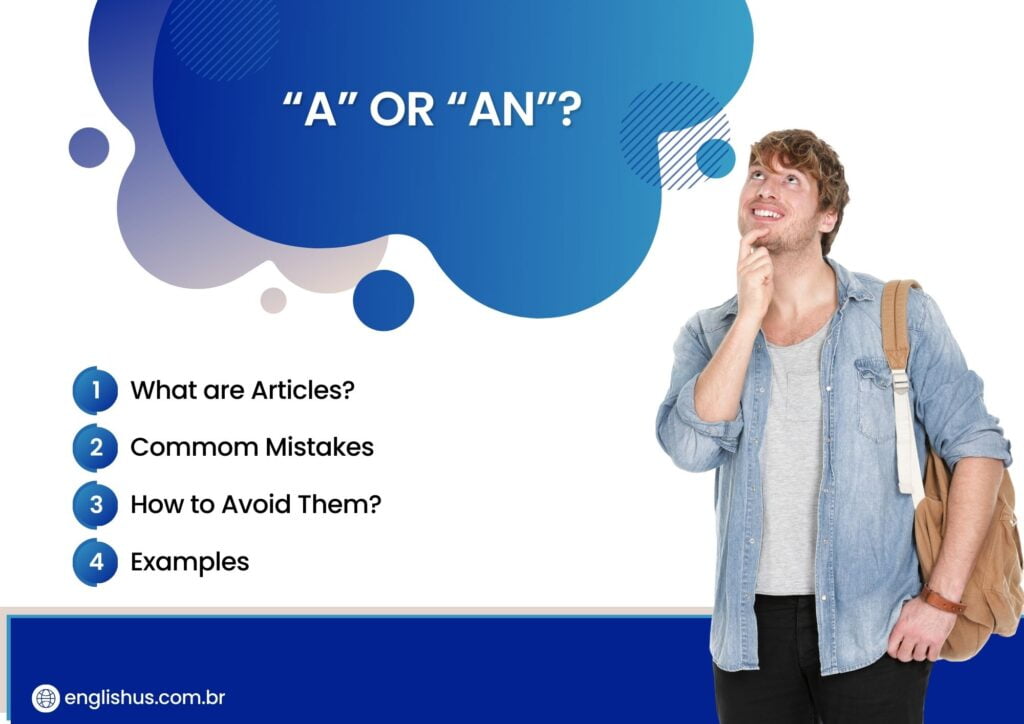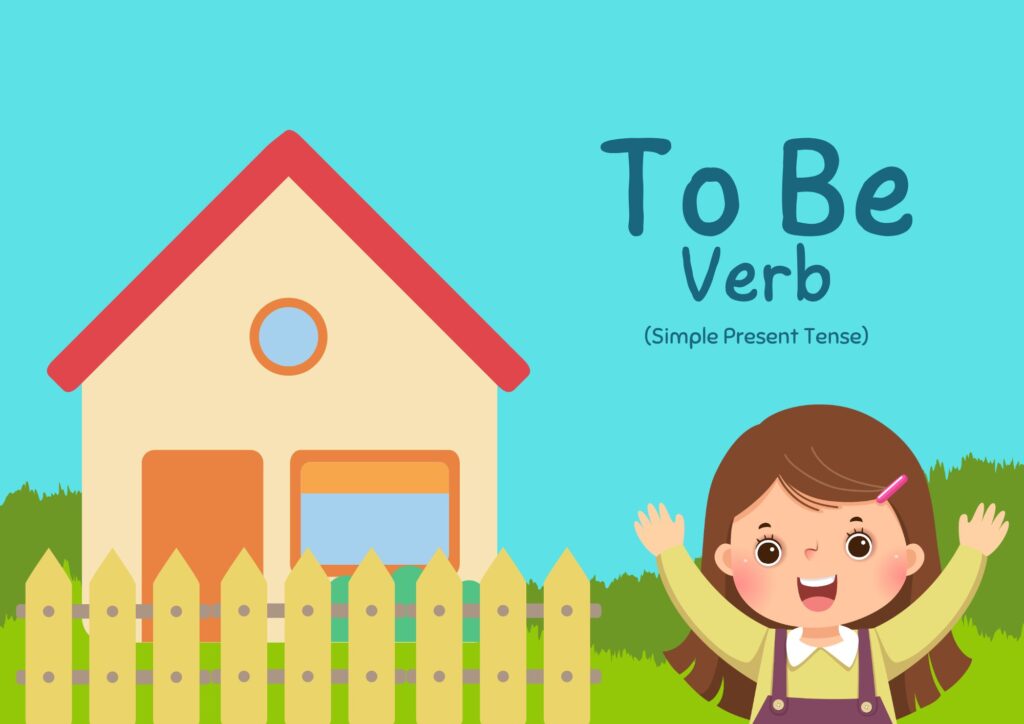Hello, EnglishUs learners! Welcome back to another lesson. Today, we are going to talk about personal pronouns and possessive adjectives. These are fundamental parts of English grammar that you need to know to speak and write correctly. We’ll explain what they are, how to use them, and provide plenty of examples to help you understand. Let’s get started!
What Are Personal Pronouns?
Personal pronouns are words that replace nouns in a sentence. They are used to avoid repeating the same nouns over and over again. There are subject pronouns and object pronouns.
Subject Pronouns
Subject pronouns are used as the subject of a sentence. Here they are:
- **I**: Used when you are talking about yourself.
- Example: I am a student.
- **You**: Used when you are talking to someone.
- Example: You are my friend.
- **He**: Used when talking about a male.
- Example: He is a teacher.
- **She**: Used when talking about a female.
- Example: She is a doctor.
- **It**: Used for animals, things, or ideas.
- Example: It is a book.
- **We**: Used when talking about a group that includes yourself.
- Example: We are happy.
- **They**: Used when talking about a group of people, animals, things, or ideas.
- Example: They are playing.
What Are Possessive Adjectives?
Possessive adjectives show that something belongs to someone. They are used before nouns. Here they are:
- **My**: Used when something belongs to you.
- Example: This is my book.
- **Your**: Used when something belongs to the person you are talking to.
- Example: Is this your pen?
- **His**: Used when something belongs to a male.
- Example: His car is new.
- **Her**: Used when something belongs to a female.
- Example: Her dress is beautiful.
- **Its**: Used for animals, things, or ideas.
- Example: The cat licked its paw.
- **Our**: Used when something belongs to a group that includes yourself.
- Example: Our house is big.
- **Their**: Used when something belongs to a group of people, animals, things, or ideas.
- Example: Their garden is lovely.
Understanding personal pronouns and possessive adjectives is essential for building basic sentences in English. Remember, personal pronouns replace nouns to avoid repetition, and possessive adjectives show ownership.
Practice regularly to become more comfortable with these important grammar components. Keep revisiting the exercises and examples to reinforce your learning. And as always, stay tuned to EnglishUs for more helpful tips and lessons. Happy learning!

